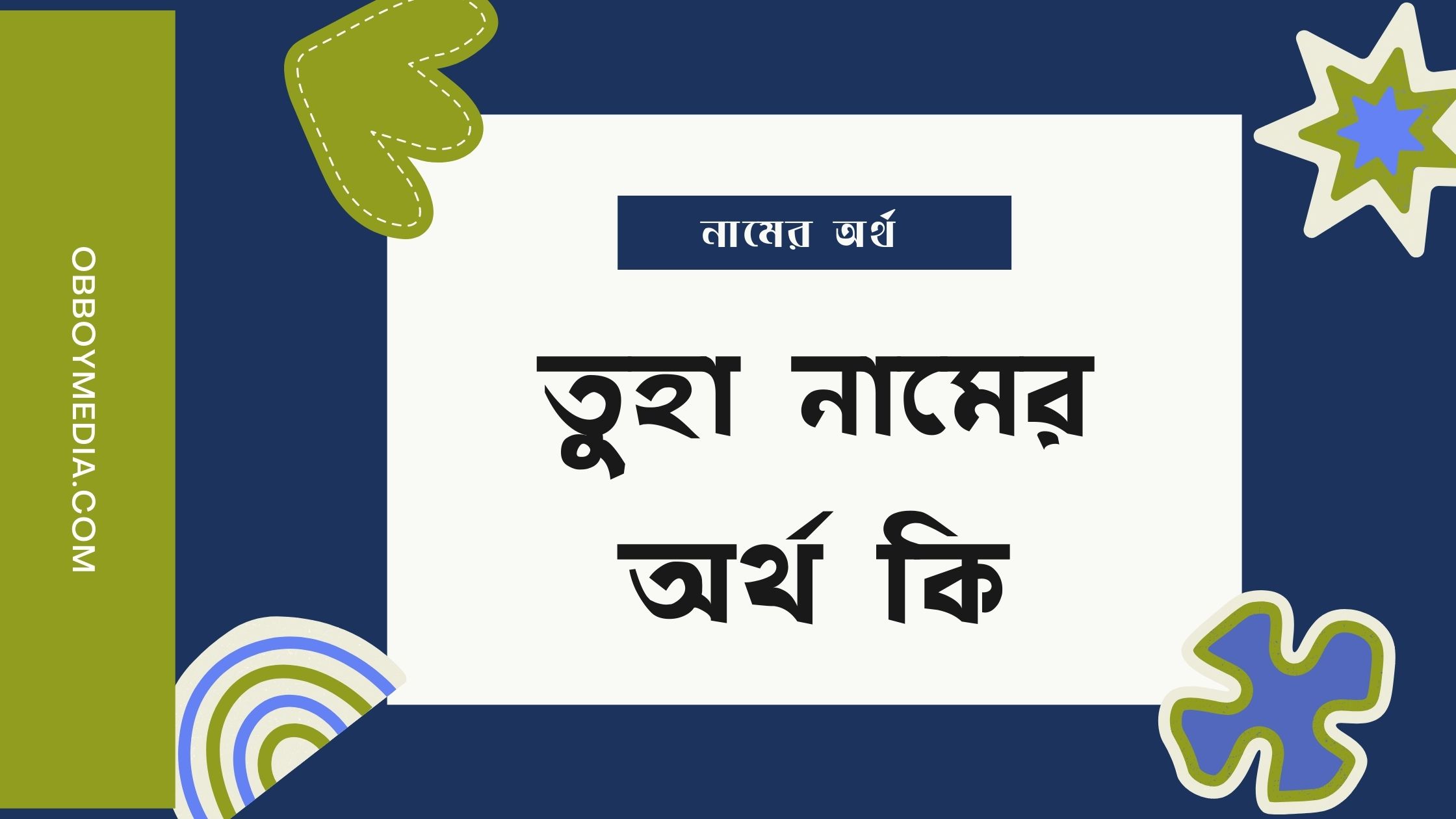
dowry system paragraph
The dowry system is a cultural practice that is prevalent in many societies, including Bangladesh. It involves the transfer of money, property, or other valuable assets from the bride’s family to the groom’s family as a condition of marriage. The dowry system is a controversial issue and has been the subject of much debate and criticism.
The dowry system is rooted in patriarchal attitudes that view women as inferior to men. It is often used to reinforce gender inequality and to control women’s behavior. In many cases, the amount of the dowry is seen as a measure of the bride’s worth, and women who do not bring sufficient dowry may be subject to abuse and mistreatment.
The dowry system can also lead to financial hardship for the bride’s family. In many cases, they are expected to provide a large sum of money or valuable assets, which can be a significant burden on their financial resources. This can lead to indebtedness, poverty, and even bankruptcy for some families.
The dowry system can also perpetuate cycles of violence and abuse against women. In some cases, women who are unable to meet the demands of their husband’s family may be subjected to physical, emotional, and psychological abuse. In extreme cases, dowry-related violence can lead to murder or suicide.
In recent years, there have been efforts to combat the dowry system in Bangladesh. The government has introduced laws and policies to protect women’s rights and to discourage the practice of dowry. There are also many NGOs and other organizations working to raise awareness about the harms of the dowry system and to empower women to resist it.
In conclusion, the dowry system is a harmful cultural practice that perpetuates gender inequality, reinforces patriarchal attitudes, and can lead to financial hardship and violence against women. It is important to work towards eradicating this practice through education, awareness-raising, and legal and policy reforms that protect women’s rights and promote gender equality.
যৌতুক প্রথা অনুচ্ছেদ
যৌতুক প্রথা একটি সাংস্কৃতিক প্রথা যা বাংলাদেশ সহ অনেক সমাজে প্রচলিত। এতে বিয়ের শর্ত হিসেবে কনের পরিবার থেকে বরের পরিবারে অর্থ, সম্পত্তি বা অন্যান্য মূল্যবান সম্পদ হস্তান্তর জড়িত। যৌতুক প্রথা একটি বিতর্কিত বিষয় এবং এটি অনেক বিতর্ক ও সমালোচনার বিষয়।
যৌতুক প্রথার মূলে রয়েছে পিতৃতান্ত্রিক মনোভাব যা নারীকে পুরুষের চেয়ে নিকৃষ্ট মনে করে। এটি প্রায়ই লিঙ্গ বৈষম্যকে শক্তিশালী করতে এবং মহিলাদের আচরণ নিয়ন্ত্রণ করতে ব্যবহৃত হয়। অনেক ক্ষেত্রে, যৌতুকের পরিমাণকে কনের মূল্যের পরিমাপ হিসাবে দেখা হয় এবং যে মহিলারা পর্যাপ্ত যৌতুক আনেন না তারা নির্যাতন ও দুর্ব্যবহারের শিকার হতে পারে।
যৌতুক প্রথাও কনের পরিবারের জন্য আর্থিক কষ্টের কারণ হতে পারে। অনেক ক্ষেত্রে, তারা একটি বড় অঙ্কের অর্থ বা মূল্যবান সম্পদ প্রদান করবে বলে আশা করা হয়, যা তাদের আর্থিক সম্পদের উপর একটি উল্লেখযোগ্য বোঝা হতে পারে। এটি কিছু পরিবারের জন্য ঘৃণা, দারিদ্র্য এবং এমনকি দেউলিয়া হয়ে যেতে পারে।
যৌতুক প্রথা নারীর প্রতি সহিংসতা ও নির্যাতনের চক্রকেও স্থায়ী করতে পারে। কিছু ক্ষেত্রে, যে মহিলারা তাদের স্বামীর পরিবারের চাহিদা পূরণ করতে অক্ষম তারা শারীরিক, মানসিক এবং মানসিক নির্যাতনের শিকার হতে পারে। চরম ক্ষেত্রে, যৌতুক সংক্রান্ত সহিংসতা হত্যা বা আত্মহত্যার কারণ হতে পারে।
সাম্প্রতিক বছরগুলিতে, বাংলাদেশে যৌতুক প্রথার বিরুদ্ধে লড়াই করার প্রচেষ্টা চলছে। নারীর অধিকার রক্ষায় এবং যৌতুক প্রথাকে নিরুৎসাহিত করতে সরকার আইন ও নীতি প্রবর্তন করেছে। যৌতুক প্রথার ক্ষতি সম্পর্কে সচেতনতা বাড়াতে এবং এর প্রতিরোধে নারীদের ক্ষমতায়নের জন্য অনেক এনজিও এবং অন্যান্য সংস্থাও কাজ করছে।
উপসংহারে, যৌতুক প্রথা একটি ক্ষতিকারক সাংস্কৃতিক অনুশীলন যা লিঙ্গ বৈষম্যকে স্থায়ী করে, পিতৃতান্ত্রিক মনোভাবকে শক্তিশালী করে এবং নারীর বিরুদ্ধে আর্থিক কষ্ট ও সহিংসতার দিকে নিয়ে যেতে পারে। শিক্ষা, সচেতনতা বৃদ্ধি, এবং নারীর অধিকার রক্ষা করে এবং লিঙ্গ সমতাকে উন্নীত করে এমন আইনি ও নীতি সংস্কারের মাধ্যমে এই প্রথা নির্মূল করার জন্য কাজ করা গুরুত্বপূর্ণ।
















